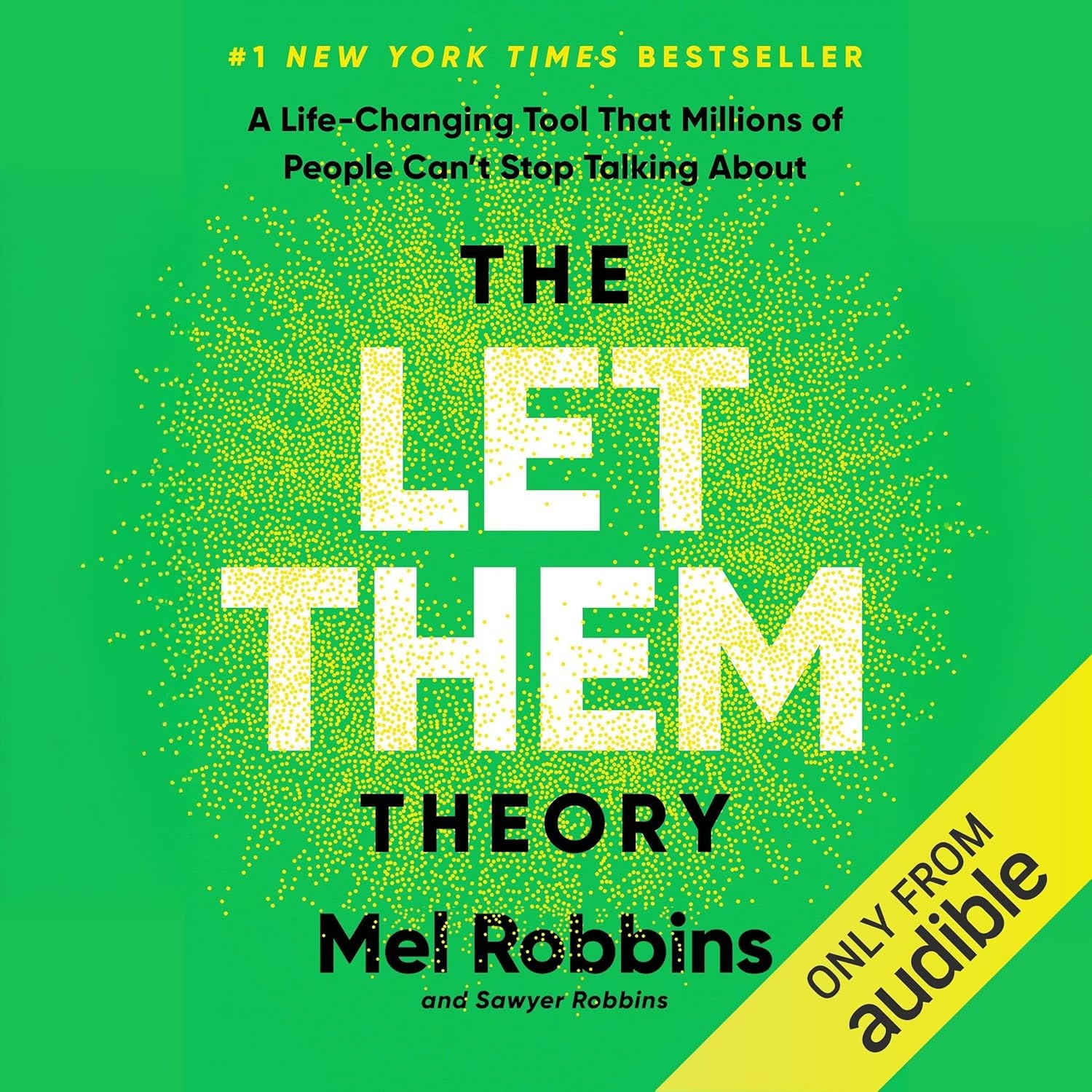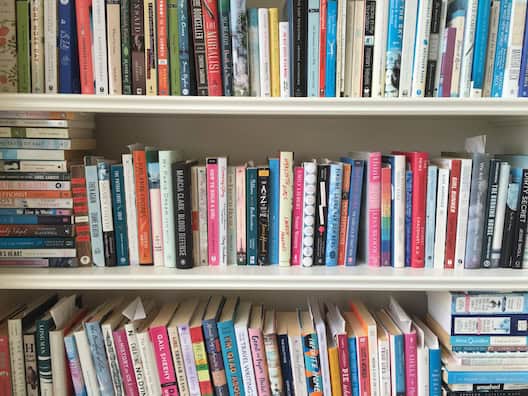![]() First, I have to tell you that I truly loved this book and felt a rare and profound connection to it. I read it in two days in Las Vegas, sending my husband off to play blackjack so I could keep reading. I literally couldn’t put the book down — which seems to be the consensus of everyone who’s read it. Why do you think readers are reacting so strongly to the story?
First, I have to tell you that I truly loved this book and felt a rare and profound connection to it. I read it in two days in Las Vegas, sending my husband off to play blackjack so I could keep reading. I literally couldn’t put the book down — which seems to be the consensus of everyone who’s read it. Why do you think readers are reacting so strongly to the story?
Well, that’s extremely kind of you. I sincerely hope your husband won at blackjack.
As to the appeal, well I think the structure helps – it means the reader is always actively filling in the gaps between the years, which is quite a potent hook. I also wanted to write a big emotional story — lots of humor, but lots of drama and sadness too — and I think that’s quite a rare find in fiction.
And, at the risk of sounding pompous or pretentious, I wanted to write a book that had the same emotional affect as a great pop song – it’s “God Only Knows” or “I Say a Little Prayer” for me. That bittersweet feeling – joy and sadness mixed. Does that sound pretentious? Too late now.
I was so attached to Emma and Dex, I felt like I really knew them and was personally invested in their happiness. How did you make them so real? Are they based on people in your own life?
It’s certainly not an autobiographical book, though there’s a degree of personal experience in there, both my own and that of friends. A lot of my male friends had quite a wild, hedonistic time in London in the Nineties, and that’s gone into Dexter’s character. Sadly I had a much more Emma-ish time – terrible jobs, a lot of anxiety and self-pity and staying in – and some of that went into her character. Unfortunately I lack Emma’s integrity and wit, and there’s no single, real-life Em. She’s an amalgam – of me, of my female friends, of characters from fiction and film. Elizabeth Bennett, Annie Hall, Shirley Maclaine in The Apartment, Beatrice, Katharine Hepburn…
Why did you decide to use July 15, St. Swithin’s Day, as the one day?
St Swithin’s Day is sort of our Groundhog Day– if it rains on St Swithins Day, it will be a wet summer — though it goes largely unnoticed in the UK. I chose it because it is both an unremarkable day, but also a date that the characters can notice and remark upon when the story requires them to. I like the poetry of it – notions of fate and predicting the future. Also, it corresponds to graduation day, which always seems like quite a significant moment in one’s life.
But the main reason was a fine, sad Billy Bragg song called “St Swithin’s Day” – track it down – which is about a lost friendship. Lyrically, musically, it was the perfect match.
I found the relationship between Dexter and his mom very moving. Why was it important to you to include a bond like that?
Dexter’s such a flawed character – vain, selfish, not necessarily all that bright. I thought it was important to have a character who could see through all that to the decent man within – a sort of moral touchstone, someone who could speak entirely frankly to him. I also wanted to establish where all that confidence and charm came from. I love Alison Mayhew – she’s Dexter’s conscience.
Emma is one of my favorite literary characters in a very long time – I want to be her friend! – and, sorry, but it’s just a little surprising to me that she was created by a guy! You totally nailed the female psyche; her neuroses and self-deprecating humor are dead-on. You’ve bravely entered what’s traditionally been chick lit territory but the writing and emotional depth of One Day is so strong, you may have to re-claim that turf as alpha male! What do you think a male author brings to the art of the love story that’s different?
Once again, that’s very kind of you. And I don’t want to sound creepy, but I found it much easier and more enjoyable to write Emma than Dexter. I think the trick, if there is one, is to have faith in the similarities between genders, rather than the differences. A lot of popular fiction and film sets up this false opposition between white-wine drinking, shoe-loving, conservative women and beer-drinking, sports-loving, commitment-fearing men, and this just doesn’t seem to match up with my experience or that of my female friends. Shoes are fine, but I don’t know any woman who’s obsessed with them, and my idea of hell is watching a football match in a room full of drunk men. Having said that, I think the next book may well be about an ex-Navy Seal turned professional footballer on a murderous rampage. In outer space.
Why was Emma the one who had to give up her boyfriend when Dexter was finally ready for a real relationship? Why was she the one who always had to be “available?”
Hm. Well, good question. Partly, I suppose, because of the one-day structure – decisions that might take longer in real-life have to be artificially condensed. And also because that particular relationship in the book is largely sex-based. It’s Emma’s sexy fling. I don’t think it’s a real emotional wrench for her (or that poor, dumped French boyfriend).
Sexual tension is often the most exciting part of a relationship, and it definitely keeps the reader reading. Were you worried about what would happen if/when Emma and Dexter finally got together? Did you know when you started the book how you would end it?
The ending was always there. It was actually the starting point for the book, but it’s hard to say anymore without giving too much away.
And yes, the great challenge of modern love stories is contriving ways to keep the characters apart – the traditional barriers of class, faith, marital status etc don’t have the same potency now. Which is why I thought it was fun to start the story with the characters in bed together. That first kiss is just the start of the story, not the end.
You capture the social and political culture of the time so vividly, readers will feel a sense of nostalgia as they go through the decades with Emma and Dexter. How did you spend the 1990’s?
I was an actor, which is another way of saying that I was unemployed. Like Emma, I felt so comfortable and happy at college in the Eighties that the noise and political chaos and uncertainty of the Nineties frightened me a little. Certainly I didn’t spend it at nightclubs and wild parties, like Dexter. I played a lot of small parts in bad plays, and worked in a lot of restaurants, and read and worried about money. What I didn’t do was write – not until 1997. After that things got a little better.
I went to see James Taylor and Carole King in concert the night I finished One Day, and thought – even though it was off by ten or fifteen years — it provided a great kind of soundtrack to the book because the two of them had been singing together for so long and had their own on-again, off-again relationship/friendship. What was the soundtrack going through your head as you wrote the book?
We’re working on the film at the moment and as “research” – a way to avoid real work – I compiled an Emma Morely playlist — 2000 songs long, it is a thing of great beauty. It ranges from Carole King and Joni Mitchell to Wire and The Slits through The Smiths and Cocteau Twins and The Cure and The Kinks, Patti Smith and Robert Wyatt, Massive Attack and Talking Heads and Underworld and Tracey Thorn – as you can tell, the music was very important to me. In fact, the mixtape that Emma makes for Dexter in the novel is on iTunes and my website – search for “Emma Morley.”
You’re frequently compared to Nick Hornby, who wrote a nice blurb on your book cover. What do you see as the similarities and differences in your work?
Well, I suppose we write sort-of romantic comedies, from both male and female points of view, often with a London setting, often with cultural references, which hopefully appeal to both male and female readers. We have quite “literary” tastes but are perceived of as “popular” writers. I suppose the main difference is that I’m totally indifferent to football.
But it’s not something I think about. I admire Nick very much, in particular his support and passion for other writers, but I’d never dream of consciously writing in that particular vein. My biggest influences are Billy Wilder, Woody Allen, 1930s screwball comedy, British social novels of the 1950s…
Anne Hathaway and Jim Sturgess will be playing Emma and Dexter in the movie version of One Day. You’re writing the screenplay, thank goodness, so we know it will stay true to the book. How did you feel about the casting?
Delighted. We’re shooting at present, and Anne and Jim are great. Inevitably Anne’s nationality has caused some comment, but her accent is spot-on and after a moment you entirely accept her as British. And Jim has a charm and boyishness that helps to mask Dexter’s more obnoxious excesses. A young British actor called Rafe Spall is playing Ian, and I’ve been watching him on set. He’s hysterical, a perfect piece of casting.
Maybe we can talk to you again when the movie comes out?
Yes, I’m always delighted to answer questions!




OK, now you’ve given me two more reasons that I won’t possibly be able to return to work next week! My unread magazine/book stack was already looming large and after reading your interview, I will absolutely have to add David Nicholls’ book “One Day”. The structure is definitely interesting and compelled me to google St. Swithin’s Day, Billy Bragg’s song, (beautiful!) and the Emma Morley mix tape. Just in case anyone else is looking for the music, I was unable to find it any-which-way on itunes, and Spotify ( the UK marketplace) is not doing business in the US yet. So, long story short, the book is in the cart, and I will keep checking back for the music and the movie! Thanks for a wonderful interview and the introduction to some more “good”!
Hello, David here, adding a brief coda to say that I’ve yet to fathom out how to get an imix onto Itunes in the US, but will be adding the list of tracks to my own website as soon as I get a chance – davidnichollswriter.com. Please bare with me if it takes a day or two, but thanks for the interest, best wishes to all, David
Great interview! Sounds like a charming book and an even more charming author … definitely on my “to read” list now!